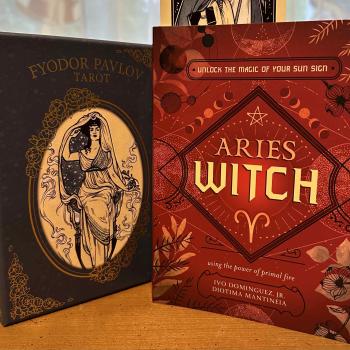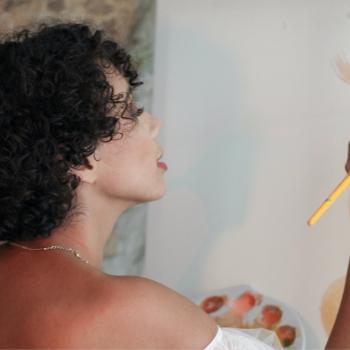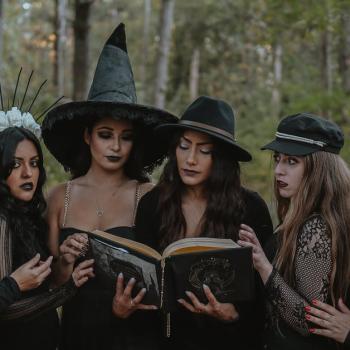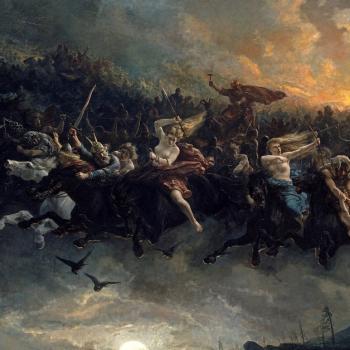We’ve come a looooong way since the 1990’s, when I started getting into paganism and witchcraft. Quite a few things have changed — I venture to say it’s mostly for the better.

Books are Researched Better Now
I can’t tell you how many times I took a pagan book to heart only to find out years (or decades) later that the author made most of it up. The biggest heartbreak I experienced was Faery Wicca by Kisma Stepanich, which may have intimated that the ‘Faery Wicca’ practice had been in place for centuries, if not since the beginning of time. I cried a lot of tears in the 2000’s over that one. A few DJ Conway books had me fooled, too.
The Age of Information is (Finally) Here
We thought the 90’s was the Age of Information, but we were dead wrong. Hell, we didn’t even have Google until the late 90s. We used to type random words into the bar at the top of the page. I’m serious! It was either that, or some kind person would send you a link, or you’d find a webpage with links.
Nowadays, we no longer live in an age of mystery. Do you have a question about a deity or a holiday? You don’t have to wait until you get home to go through ALL of your books and hope the answer is in there. Someone already looked it up on the internet and has the answer.
The internet would’ve helped me immensely when I didn’t know who the half-rotted goddess who appeared before me was in the late 90s. I had to wait several years before I knew her name, simply because I couldn’t look anything up on the internet in those days.
Consent Culture is More Prominent
Sure, the Salt-n-Pepa song Let’s Talk About Sex was released in 1990, but it took a long time to sink into pagan culture. A long time. I don’t remember consent being addressed in the festival guides, and I don’t remember any workshops about it. I’m so glad that, lately, consent culture has become sexy. Asking about someone’s desires is either a tantalizing conversation or a direct refusal. There’s none of the beating around the bush. Pardon the pun.
View this post on Instagram
The Witch is Out
Witch and Bruja are more common words nowadays. We’ve reclaimed them, and there’s strength in that. When we use the words witch or bruja, we have more leverage over both the meaning and the power.
Our Culture is Not All ‘Love and Light’ Anymore
Perhaps the biggest shift I’ve seen in the pagan community over the past few decades is the drift away from blissful empowerment toward something more substantial. Back in the 90’s and early oughts, workshops were informational and about positive subjects, like the gods, dreams, and past lives. We experienced rebirthing ceremonies and celebrated a lot. It was a very positive time.
I remember when mind was blown open in the oughts — in a Voodoo book, the author railed against a pagan community who sent ‘love and light’ to a rapist. She said they should’ve been sending energy for him to be caught and tried. (I wish I knew the name of this book. It was a long time ago.)
In the past few years especially, I feel the pagan community has shifted. It feels like Harry Potter Book 3, when Lupin joins the ranks of Hogwarts and makes the kids actually stand up for themselves. The feeling is much the same. We’re not kids anymore. The world is has some harmful people in power. Defending ourselves against them is the right thing to do, and magic is the perfect way to assist us in these dealings.
Our modern age acknowledges that powerful witches practice all kinds of magic, not just happiness spells. We live in a time where more people worship death deities and many witches bind and hex. We no longer covet only enlightenment — we covet knowledge and power to protect ourselves and others.
The Horned God Seems Different…
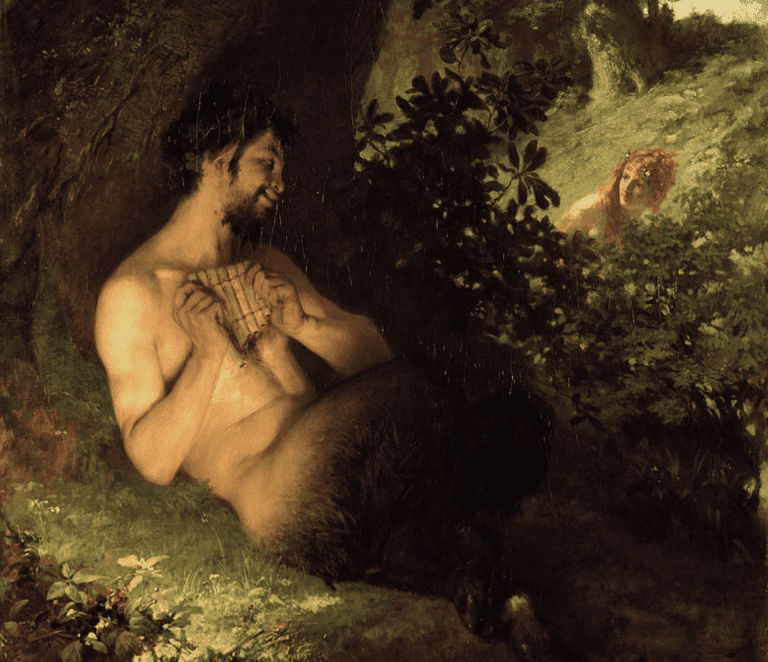
Is it just me, or has the horned god grown a lot in the past several years? It seems in the past that most pagans talked about him in general terms. He was an obedient god back then, dying when he was supposed to and inciting sexual relations when it was appropriate. He was still wild, but not dangerous. He was safe.
But now, he’s more powerful. He’s wilder. The versions of him among different witchcrafts are varied. It also seems to me that his worship has grown intensely.
People used to shy away from anything that smacked of the Christian devil, but now, the conversation has shifted. For some people, that’s almost exactly what their horned god is — albeit without the Christian interpretation. And there’s no shame or harm in it. In fact, some of the most ethical and reasonable people I know worship that version of the horned god. And that’s okay.
Just saying, thought — my 90’s mind would have been blown yet again.
Mainstreaming Witchcraft
Witches and Pagans are out and about more now than ever before, and that’s a good thing. More musicians, authors, and celebrities are owning up to it. It’s almost as if it’s becoming more mainstream. Even Sephora tried to sell a commercialized witch kit, to mixed reviews.
Today’s era has way more witches and pagans being represented in modern media than ever before. Sure, a lot of shows still use the ‘magical witch’ trope, with hands of light and what not. I still think we need more realistic pagans and witches in modern media, but that’s besides the point. I love watching them — witches are my favorite genre, whether it’s AHS Coven, Vampire Diaries/The Originals, The Worst Witch, or any others.
And you can bet I’m going to watch the new Sabrina too. Even though it’s what Christians imagine Satanism is, and is nothing like our spiritualities or Satanism, it’s still good entertainment.
All in all, I like the pagan and witch community more now than before. It’s a good thing, because we can’t go back.
I was pretty young in the 90’s though, so let me know if I got anything wrong. I’m always interested in other people’s points of view, especially about that classic, vintage era.








